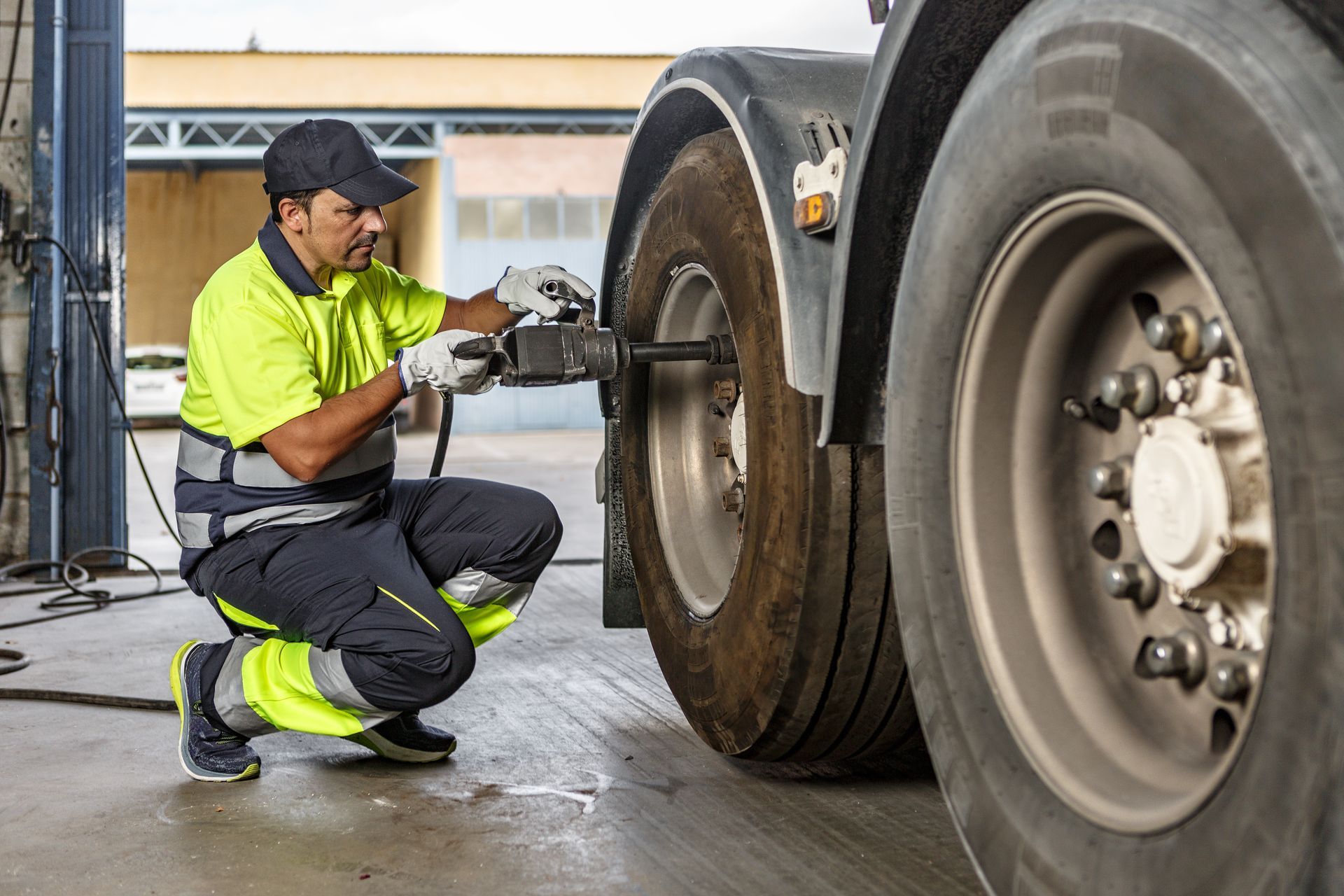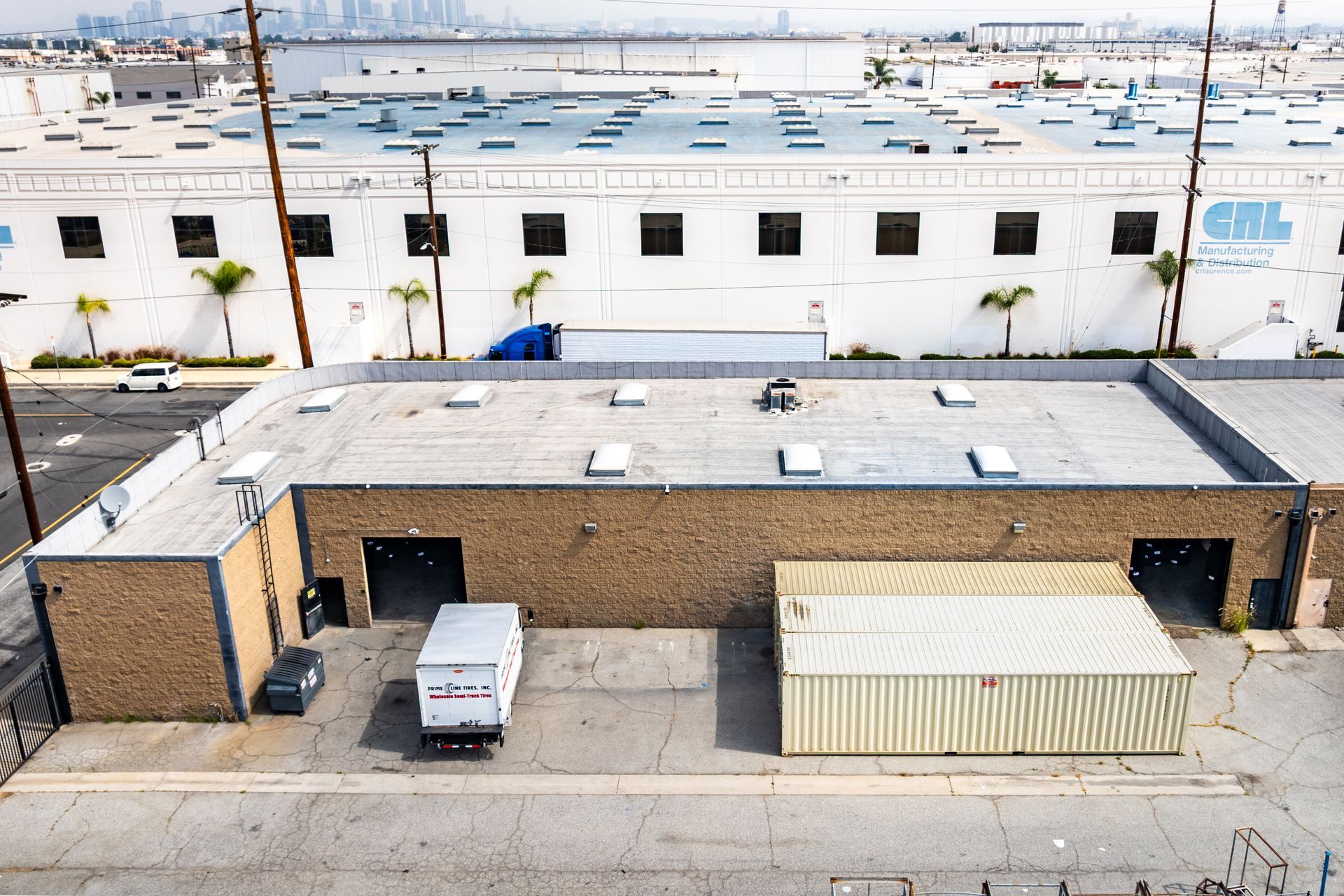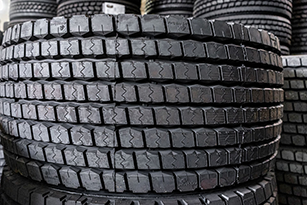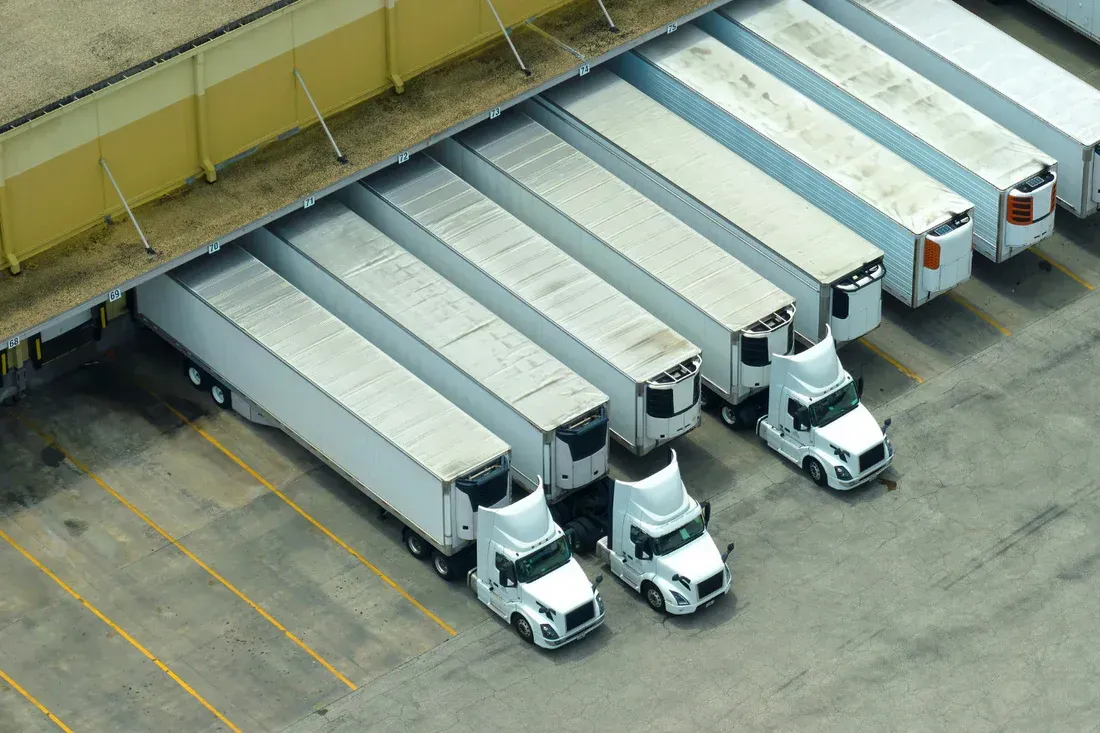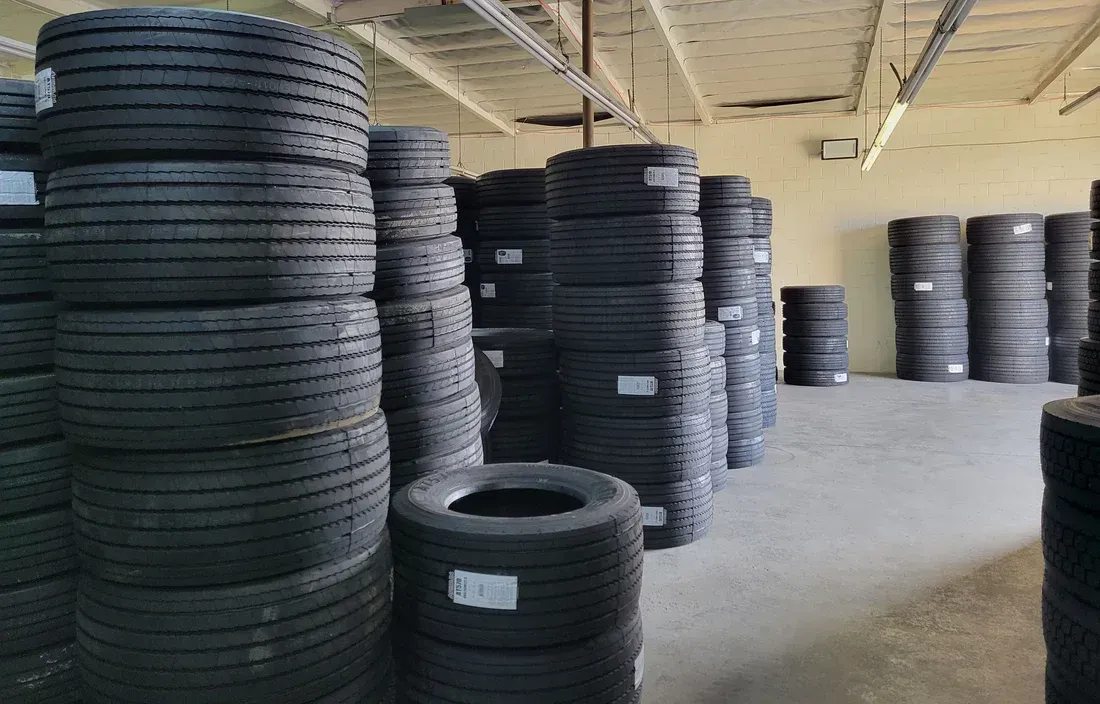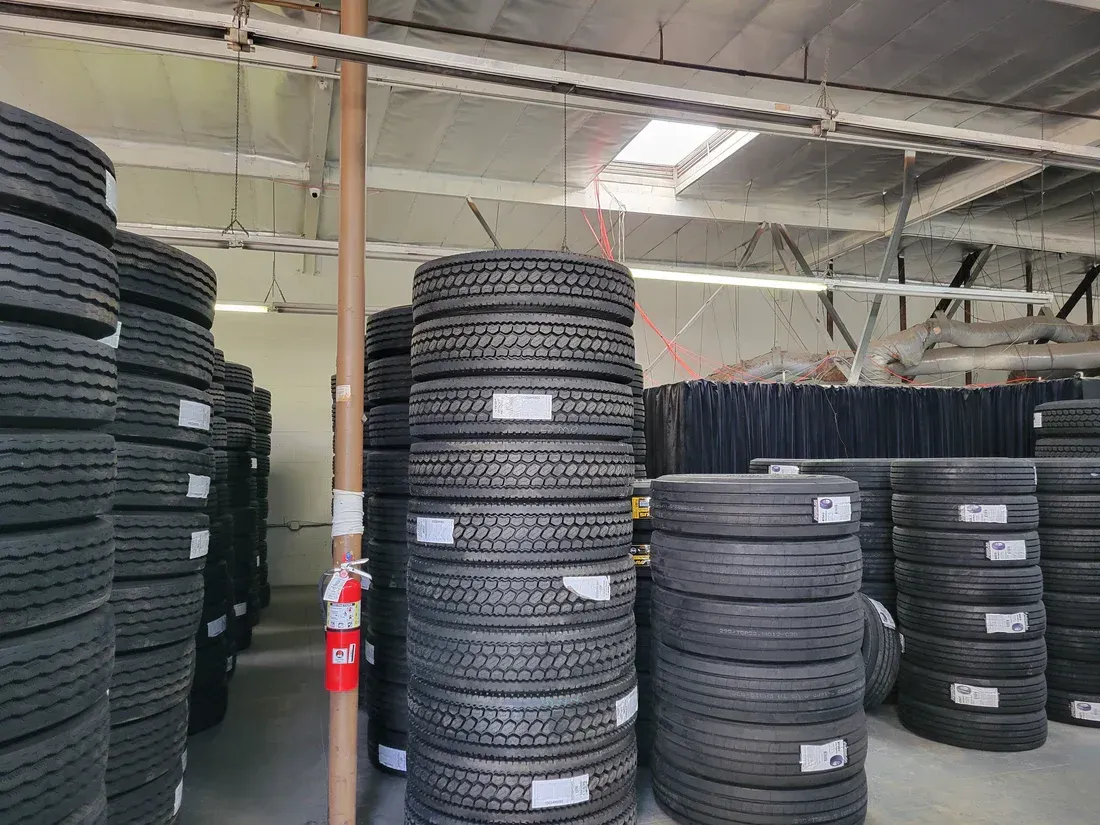The Difference Between Regional & Long-Haul Commercial Tires
Whether you’re operating a single delivery truck or managing a national fleet, choosing the right commercial tires is crucial to your bottom line and safety.

Terms like “regional” and “long-haul” get thrown around often, but what do they actually mean? More importantly, how do these tire types impact performance, cost, and operational efficiency?
This blog will explain the differences between regional and long-haul commercial tires, giving you practical advice to help make the right tire choice for your vehicles.
What To Know About Long-Haul Commercial Tires
Commercial tires are engineered for specific environments and demands. Their tread design, rubber compounds, and load limits are all carefully calibrated to match real-world use cases. Choosing the right commercial tires is about optimizing performance, safety, and long-term value.
Key features of long-haul commercial tires:
- Built to resist abrasion from frequent starts, stops, and cornering.
- Reinforced sidewalls help guard against curb damage and other urban hazards.
- Balanced to ensure a comfortable ride for long-distance drivers.
- Suitable for multiple retreads depending on the application and usage.
- Can carry up to about 6,000 pounds.
What To Know About Regional Tires
If your fleet transports goods within a metropolitan area, serves as a local delivery vehicle, or makes multiple stops within a large city radius, regional tires deliver the right balance between durability and performance.
Key features of regional commercial tires:
- Designed for versatility and durability.
- Built for routes ranging from 100 to 300 miles.
- Engineered to handle repeated braking, accelerating, and tight maneuvering.
- Optimized for highways, city streets, and even some rural or industrial roads.
- Tough tread patterns for wet or uneven pavement.
How Regional & Long-Haul Commercial Tires Compare
1. Tread Design
- Regional Tires⎯Deeper, more robust tread patterns for grip on diverse surfaces and better resistance to scrubbing during frequent turns.
- Long-Haul Tires⎯Shallower, straight-rib tread for reduced rolling resistance and even wear on uninterrupted highway stretches.
2. Rubber Compounds
- Regional Tires⎯More durable compounds designed to handle abrasions, punctures, and temperature fluctuations from stop-and-go driving.
- Long-Haul Tires⎯Formulated for lower rolling resistance and heat tolerance to extend miles between changes.
3. Sidewall Strength
- Regional Tires⎯Reinforced sidewalls resist damage from curbs and obstacles encountered in urban driving.
- Long-Haul Tires⎯Engineered for lighter overall weight and flexibility to promote efficiency and comfort during extended usage.
4. Mileage
- Regional Tires⎯Optimized for shorter, more demanding routes where wear-and-tear is more aggressive due to frequent stops.
- Long-Haul Tires⎯Deliver higher mileage expectancy on smooth surfaces with fewer interruptions or directional changes.
5. Fuel Efficiency
- Regional Tires⎯Focused more on durability than minimizing rolling resistance; moderate impact on fuel costs.
- Long-Haul Tires⎯Advanced tread patterns and compounds result in better fuel economy over long distances.
6. Cost Of Ownership
- Regional Tires⎯May require more frequent replacement if used outside intended conditions, but lower upfront cost.
- Long-Haul Tires⎯Higher initial investment, but potentially lower cost per mile for long-distance routes.
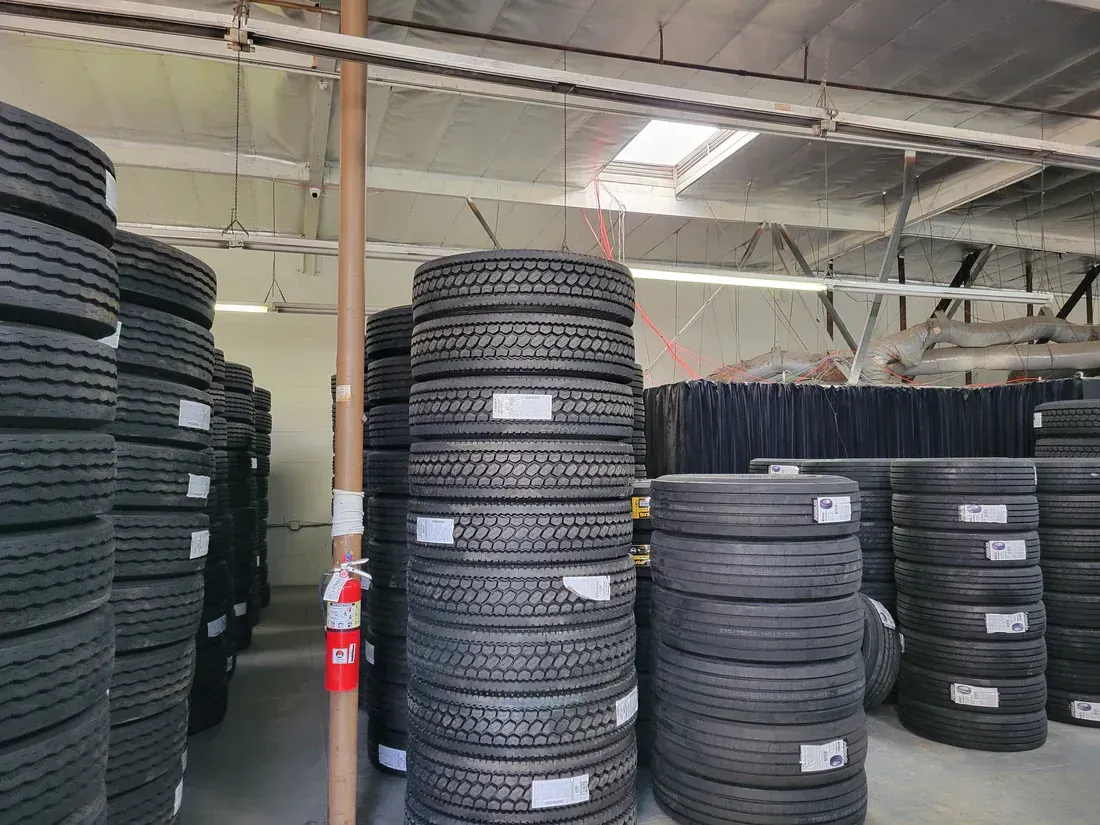
How To Choose The Right Tire For Your Fleet
Analyze Your Routes
Map out your vehicle usage patterns. Are they driving city blocks all day, or do they spend most hours on highways?
Assess Load Types
Frequent changes in cargo weight or running at max capacity can affect tire choice. Durable regional tires may be better for variable loads.
Factor In Total Cost of Ownership
Look beyond just the purchase price. Consider longevity, downtime, fuel costs, and maintenance.
Consult With Wholesale Tire Experts
When it comes to running a commercial fleet, one of the most important decisions you can make is selecting the right type of tire. Whether you operate delivery trucks in city environments or run cross-country freight routes, your tire choice directly affects fuel efficiency, safety, and long-term operating costs. Contact us so one of our tire wholesale experts can help you pick the best tires for your fleet’s specific needs.
